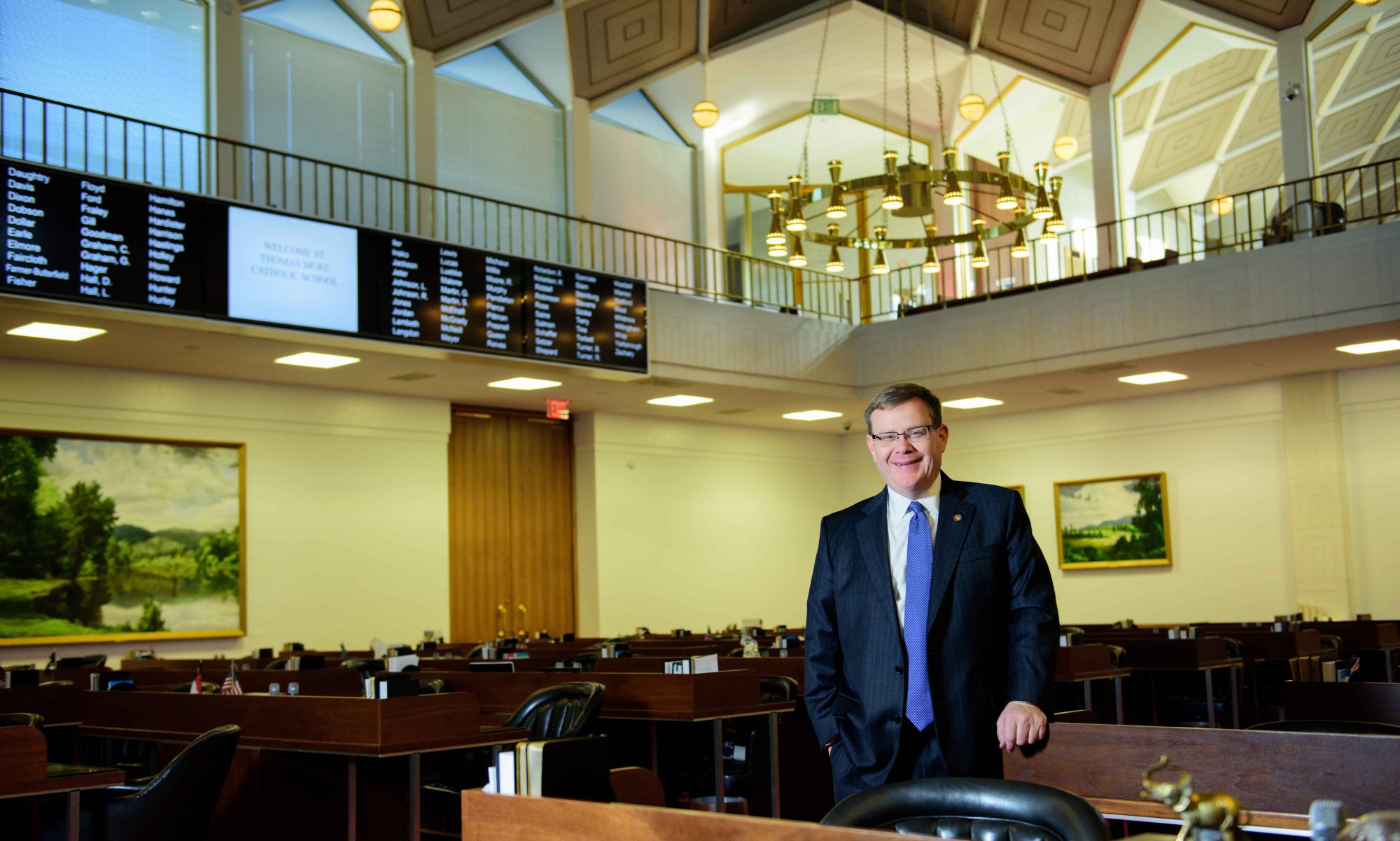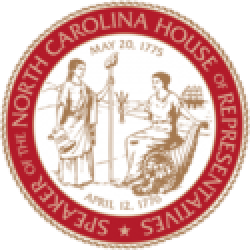Raleigh, N.C. – The North Carolina General Assembly unanimously passed two Covid-19 response packages on Saturday, approving over $1.5 billion of funding relief for critical needs and extensive policy measures to help local communities address the crisis as the state safely reopens its economy.
The compromise spending plan is a significant investment laying the groundwork for moving the state forward and responding to the economic and human impacts of this pandemic.
This commitment goes above and beyond previous requests and includes funding for testing, tracing, immediate recovery needs, and increasing access to broadband and electronic devices to access remote learning opportunities.
North Carolina leaders issued a joint bipartisan statement Saturday:
“This legislation puts North Carolina on the right path to recovery,” Senate Leader Phil Berger (R-Rockingham), Senate Minority Leader Dan Blue (D-Wake), House Speaker Tim Moore (R-Cleveland) and House Minority Leader Darrren Jackson (D-Wake) said.“For weeks, our citizens have been anxious about their future because of this virus, and today we can assure them that action is being taken to allay their concerns.”
The bill addresses both immediate needs, like purchasing personal protective equipment and expanding digital infrastructure needs, and long-term research and development to fight the virus. It supports testing for uninsured patients, rural and under-served communities, and behavioral health services.
“This recovery and relief bill is the product of bipartisan collaboration to help North Carolinians return to their daily lives,” Sens. Berger, Blue, Speaker Moore, and Rep. Jackson said.“Our citizens have stepped up to support each other during this unprecedented time, and now we must look ahead to getting everyone healthy and back to work safely.”
House Bill 1043 Pandemic Response Act appropriates over $1.5 billion in relief funding for North Carolina’s medical providers, education communities, broadband connectivity. See below for a summary of select H.B. 1043 appropriations.
Senate Bill 704 Covid-19 Recovery Act provides tax relief, streamlines unemployment access, and makes policy reforms in education, healthcare, and government operations to assist North Carolinians through the pandemic and economic shutdown. Read a full legislative summary of S.B. 704 policy reforms.
—
Select appropriations from the relief package include:
Broadband Connectivity: $9 million
Support for Education Communities:
School Nutrition – $75 million
Summer Learning Programs – $70 million
K-12 Connectivity – $11 million
K-12 Devices for Students – $30 million
Student Health – $10 million
Community Colleges – $25 million
UNC Flexibility Funding – $44.4 million
Assistance for Private Colleges – $20 million
Department of Health and Human Services
Testing, Tracing and Trends – $25 million
Enhanced Public Health Capacity – $20 million
Enhanced Behavioral Health – $20 million
Rural and Underserved Communities – $50 million
Food, Safety, Shelter, Foster and Child Care: $27.5 million
Financial Support for Assisted Living Facilities: $25 million
N.C. Medical School Research Fund
UNC School of Public Health/NC Collaboratory: $29 million
Duke University Human Vaccine Institute: $15 million
ECU Brody School of Medicine: $15 million
Campbell University School of Osteopathic Medicine: $6 million
North Carolina Hospitals
Rural Hospitals: $65 million
Teaching Hospitals Relief Fund: $15 million
General Hospital Relief Fund: $15 million
Local Government
Coronavirus Relief Reserve: $300 million
grants for communities: $50 million
Funding for Counties: $100 million
Providers and Emergency Responders
Enhanced PPE and Sanitation Supplies – $50 million
Association of Community Health Centers: $5 million
Prescriptions for Indigent and Uninsured: $1.5 million
Free and Charitable Clinics: $5 million
Small Business Assistance Loans: $125 million
State Government Operations: $85 million
Transportation Operations: $300 million
Tourism Industry Support: $5 million
###


